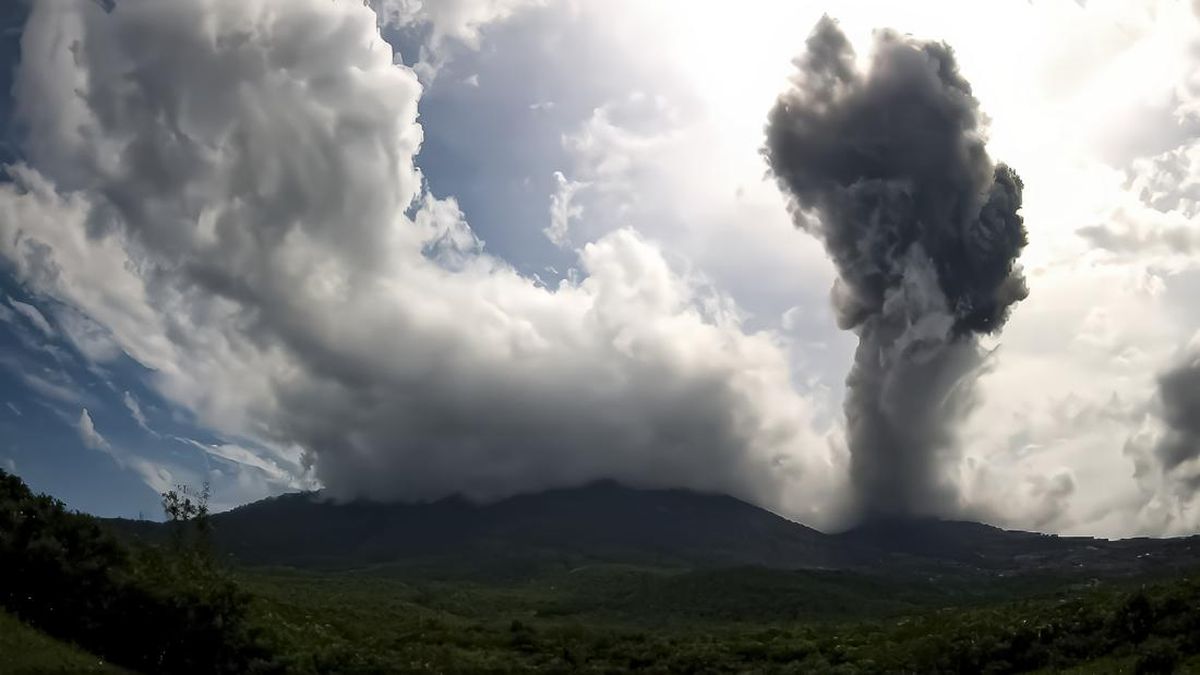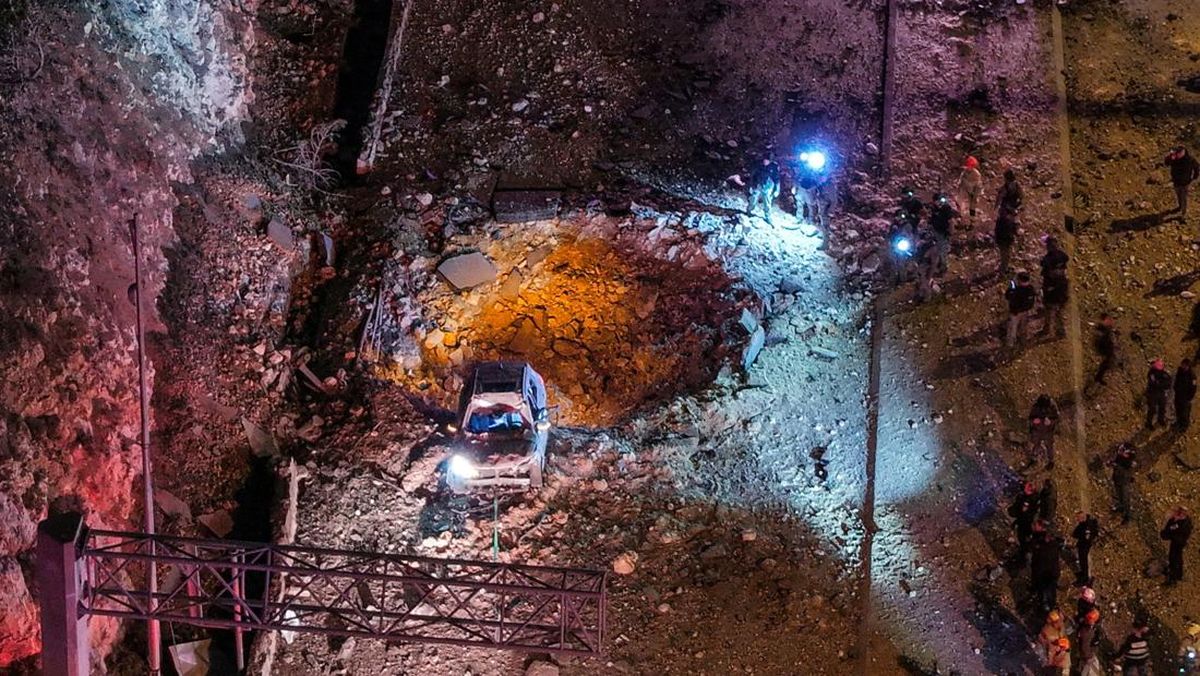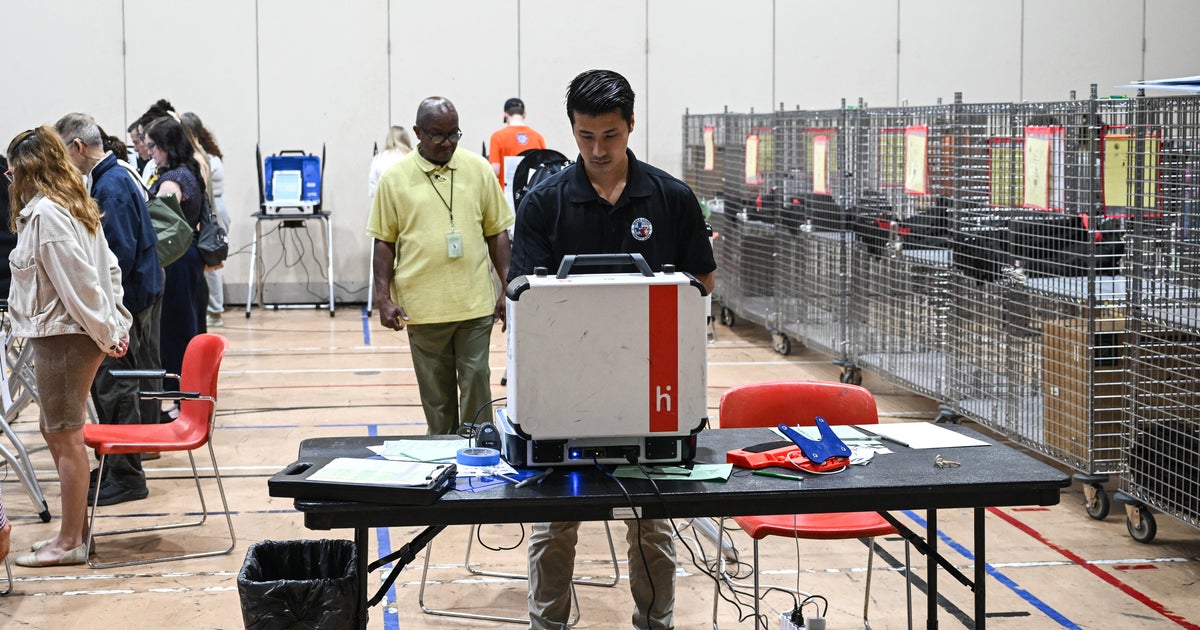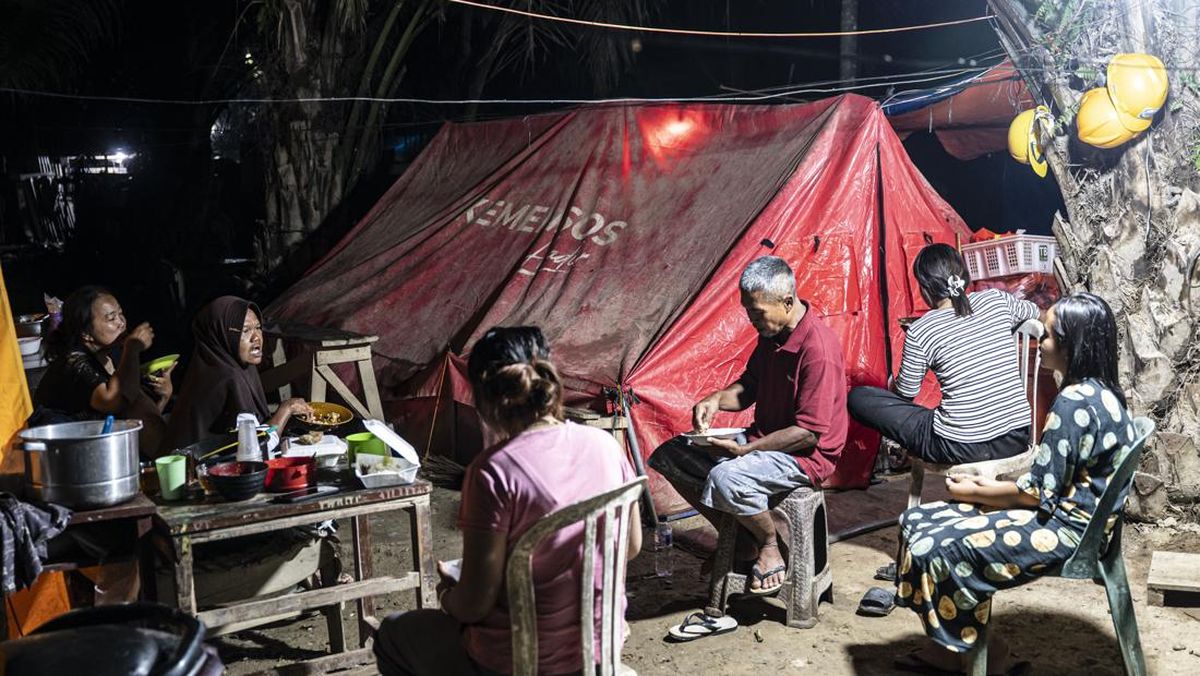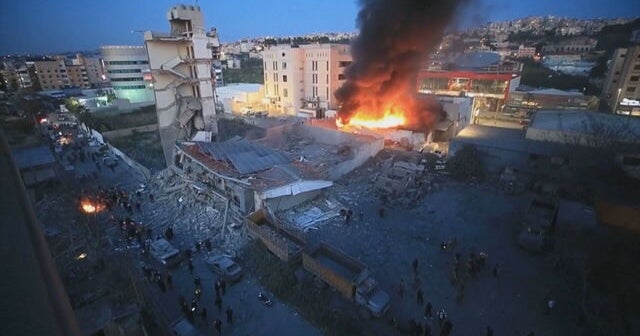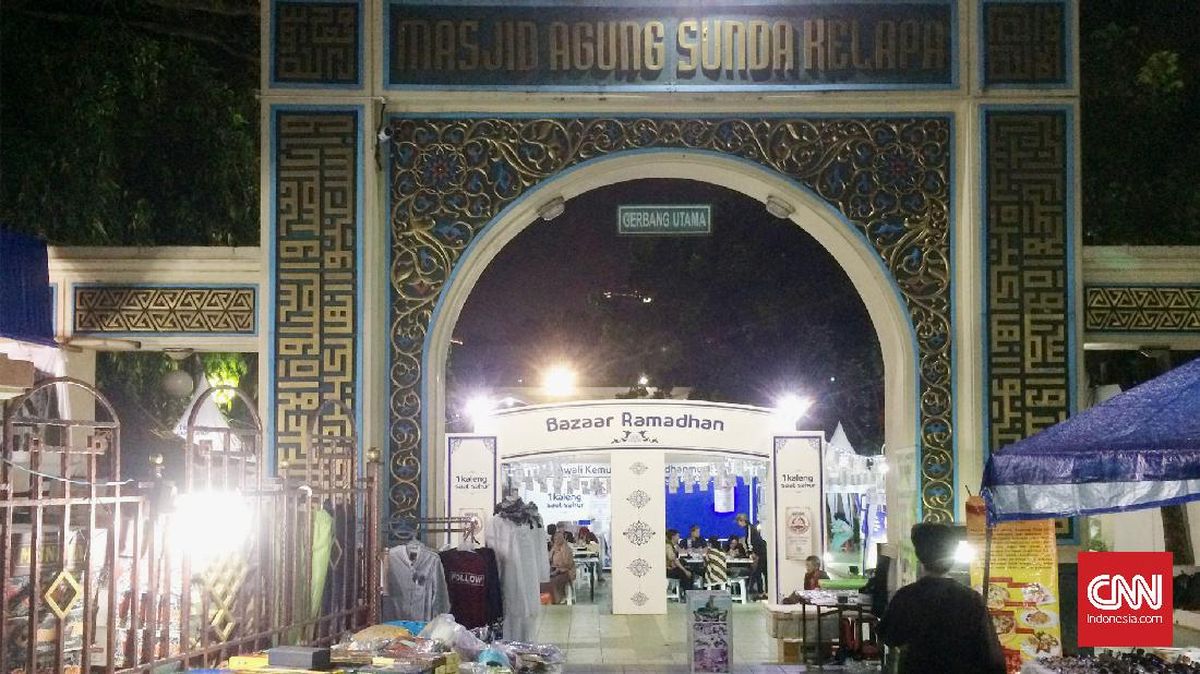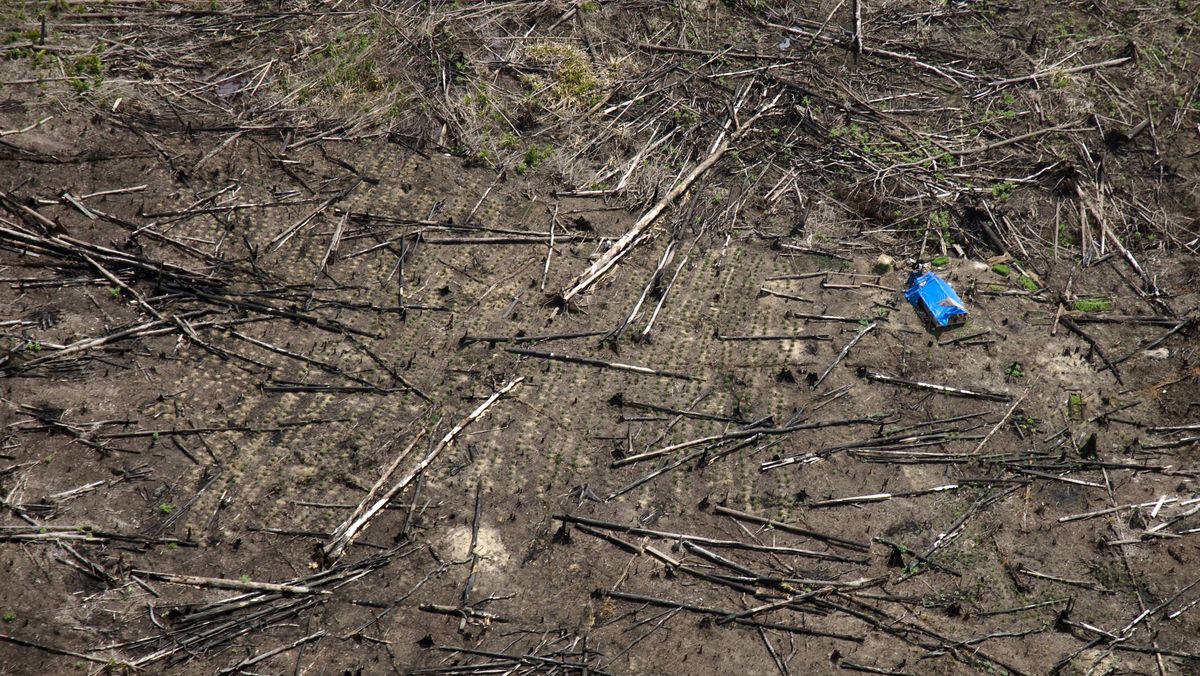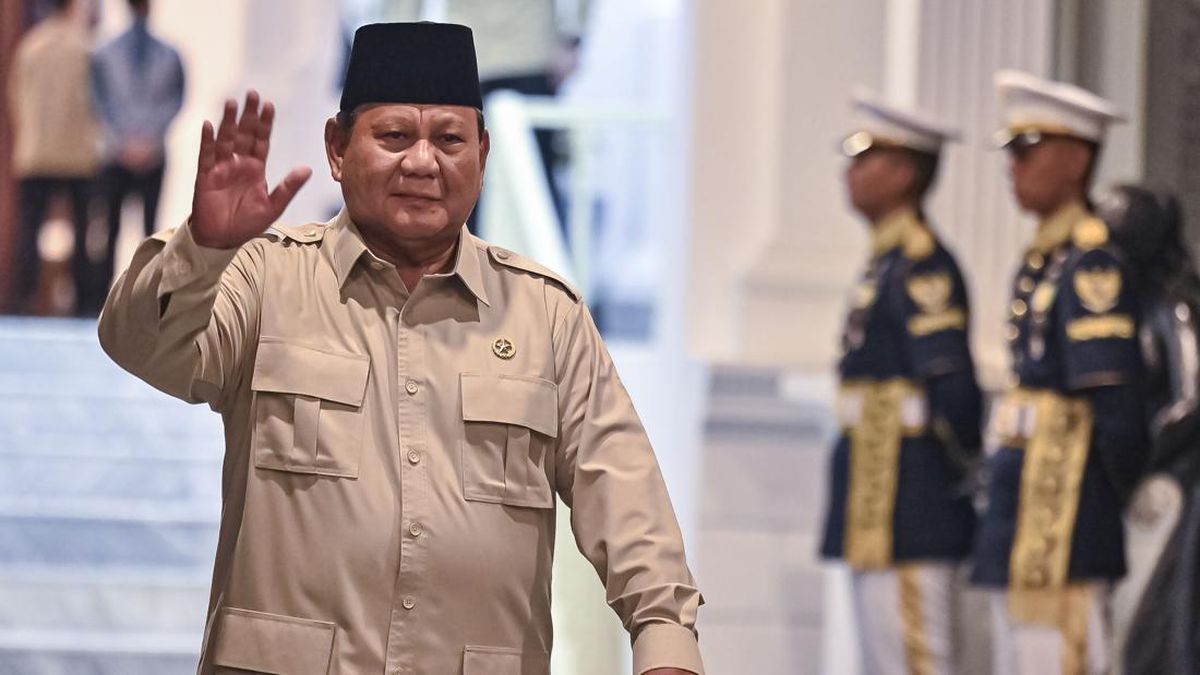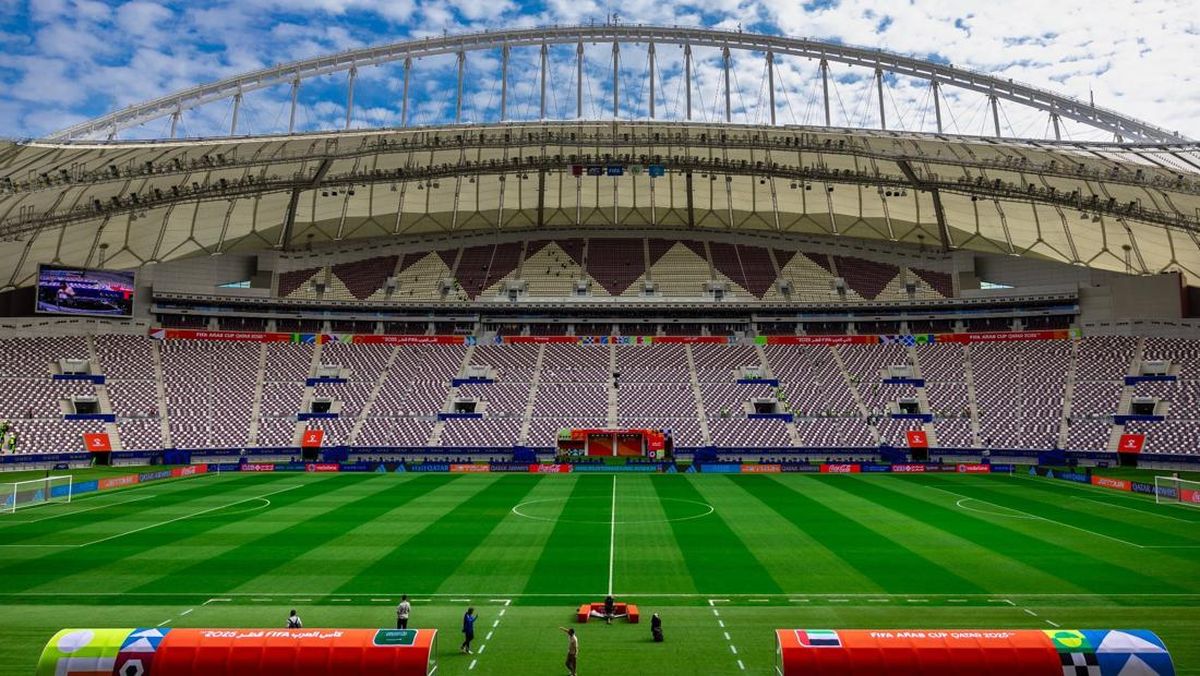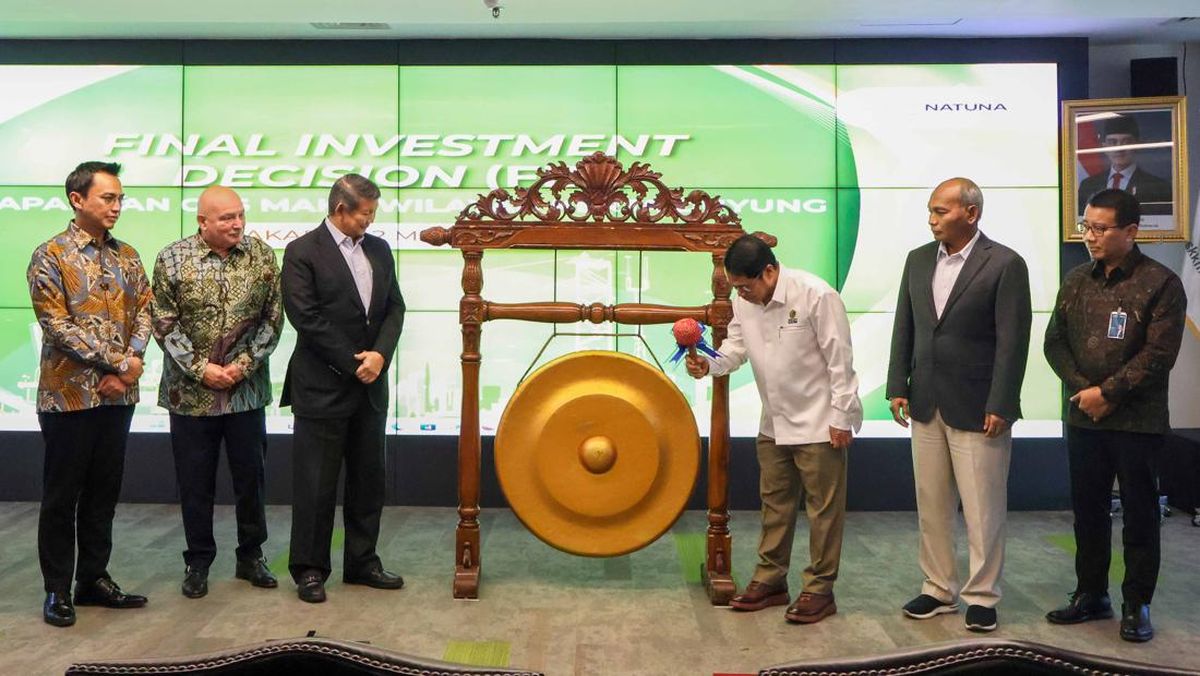Kazakhstan is set to join the Abraham Accords between Israel and Muslim majority countries, in a symbolic move aimed at boosting an initiative that was a hallmark of President Trump's first term.
The action, announced Thursday, is largely symbolic as Kazakhstan has had diplomatic relations with Israel since 1992 and is much farther geographically from Israel than the other Abraham Accord nations — Bahrain, Morocco, Sudan and the United Arab Emirates.
Those four countries agreed to normalize relations with Israel as a result of joining the accords, something Kazakhstan did shortly after gaining independence following the collapse of the Soviet Union.
Mr. Trump posted Thursday on Truth Social that he'd hosted a "great call" between Israeli Prime Minister Benjamin Netanyahu and Kazakh President Kassym-Jomart Tokayev. He wrote that Kazakhstan is the "first Country of my Second Term to join the Abraham Accords, the first of many."
Trump called Kazakhstan's joining "a major step forward in building bridges across the World" and said "more Nations are lining up to embrace Peace and Prosperity through my Abraham Accords."
A signing ceremony would soon make it official, Mr. Trump said, and "there are many more Countries trying to join this club of STRENGTH."
Later Thursday, Mr. Trump hosted a summit with the leaders of Kazakhstan and four other Central Asian nations, during which the president said more countries could join the Abraham Accords.
Asked by reporters what Kazakhstan's entry into the accords will mean, given that Kazakhstan and Israel already had long-standing ties, Secretary of State Marco Rubio called it an "enhanced relationship, beyond just diplomatic relations and having embassies in each other's capitals."
"You're now creating a partnership that brings special and unique economic development on all sorts of issues that they can work on together," Rubio said.
U.S. officials told The Associated Press that Kazakhstan's participation in the Abraham Accords with Israel was important as it would enhance their bilateral trade and cooperation and signaled that Israel is becoming less isolated internationally, notably after massive criticism and protests over its conduct in the war against Hamas in Gaza.
One official maintained that Mr. Trump's nascent peace plan for Gaza had "completely changed the paradigm" and that many countries were now willing to "move toward the circle of peace" that it had created.
That official said specific areas of enhanced Israeli-Kazakh cooperation would include defense, cybersecurity, energy and food technology, although all of those have been subjects of previous bilateral agreements dating back to the mid-1990s.
During a working breakfast earlier Thursday, Rubio and Tokayev "discussed expanding opportunities for commercial trade and investment as well as increased cooperation with Kazakhstan in energy, technology, and infrastructure," the department said in a statement.




